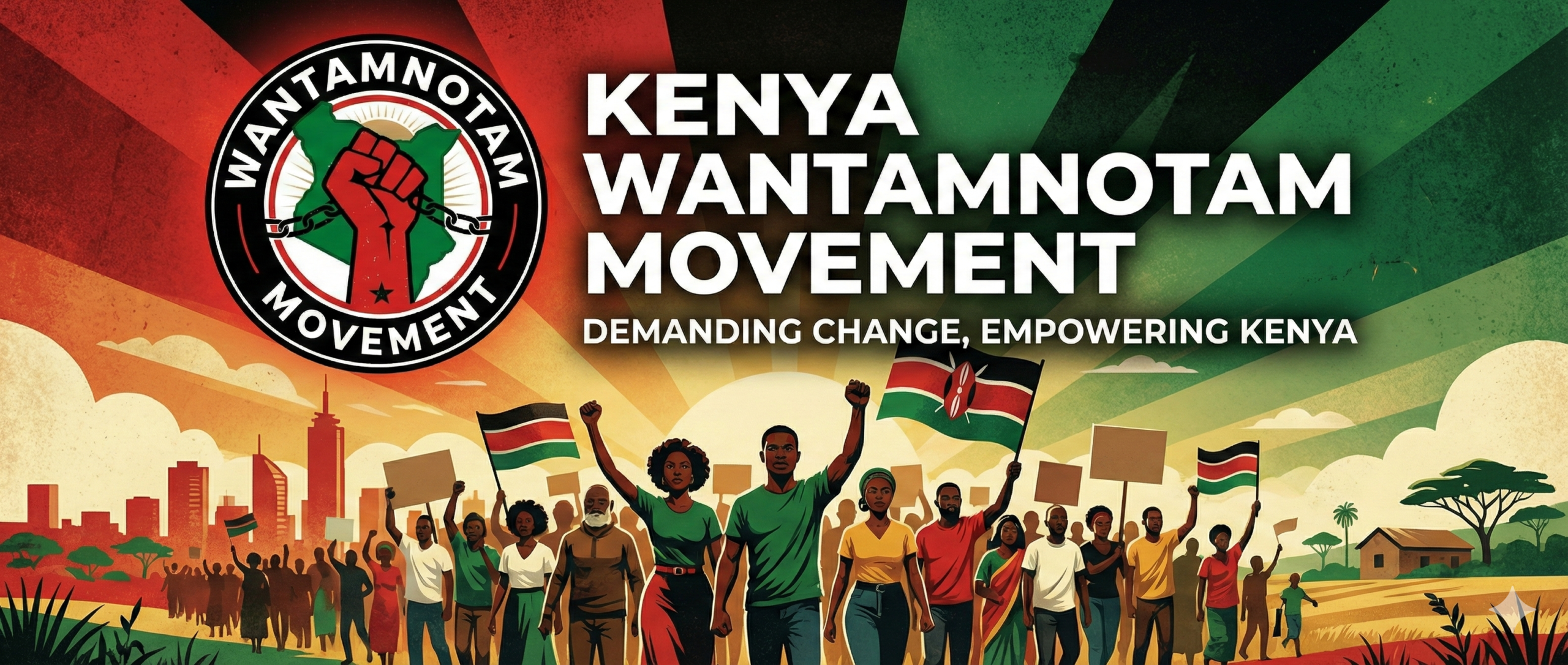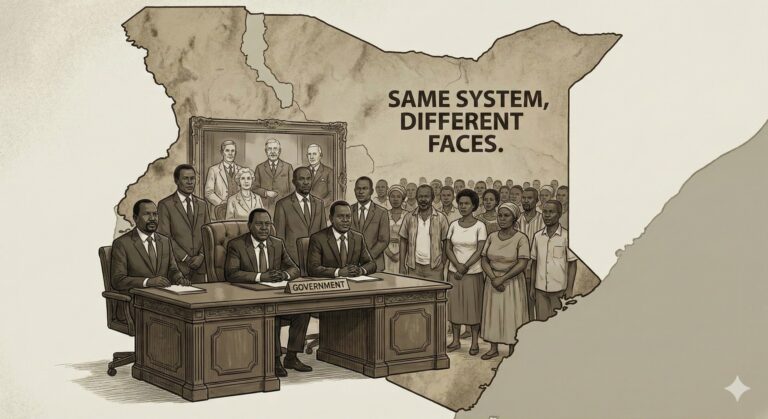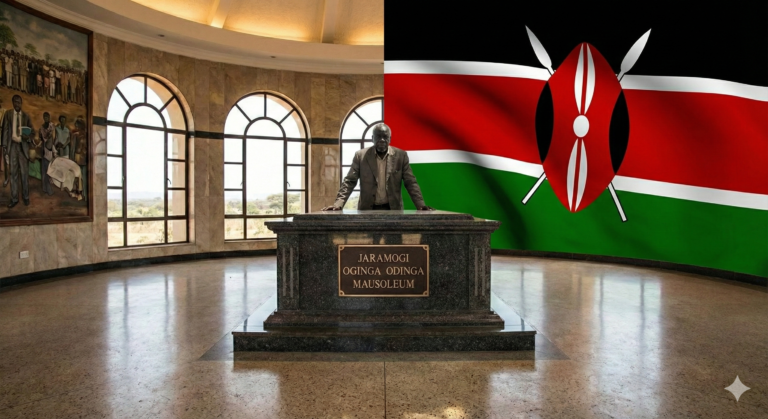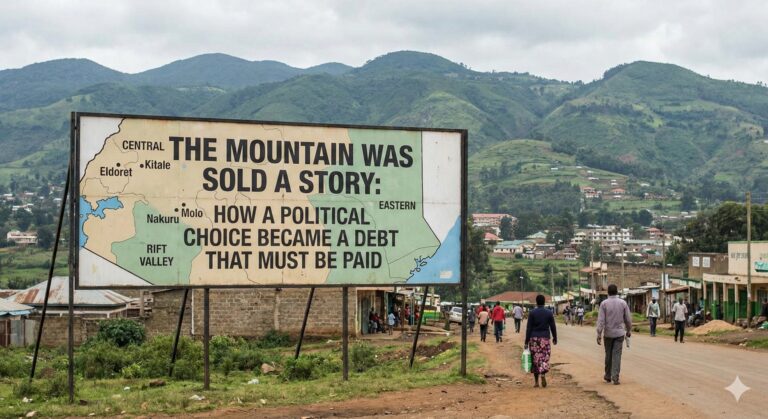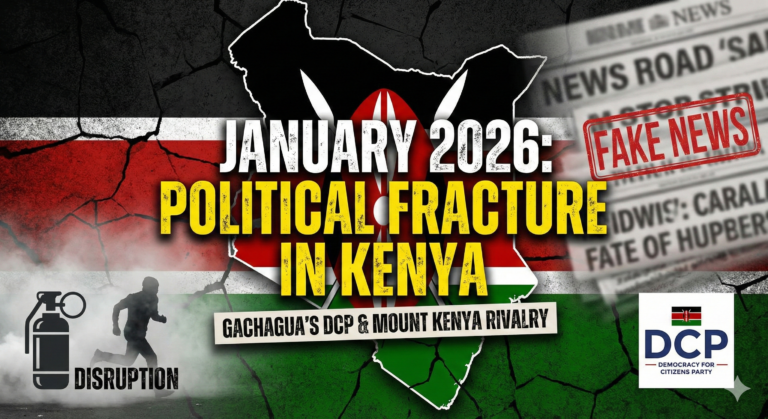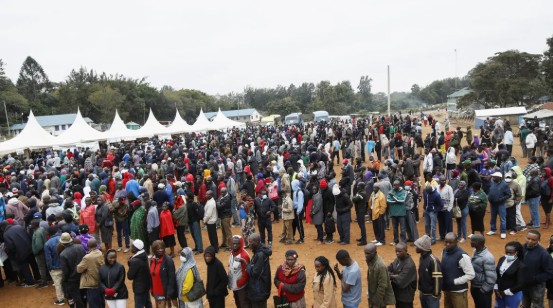
The Broken Promise of the Ballot: Why Your Vote Isn’t the Power You Thought
For decades, you were taught that your vote was your power. That tiny slip of paper held the weight of change, a simple gesture that could shape the future. Generations before you marched, rallied, and risked their lives under sweltering heat just to cast their vote. Yet, as the years pass, have you seen any real transformation? Are the roads any better? Have hospitals improved, schools been empowered, or opportunities increased? The truth stings: poverty remains, the gap widens, and life seems unchanged.
This isn’t just a casual observation—this is history repeating itself. Year after year, you vote, and the same small group gets richer. You hope, only to face the crushing disappointment of unfulfilled promises. That ballot was supposed to bring accountability and change, but all it has delivered are empty speeches and recycled political faces.
When Your Vote Equals Their Gain
You place your hopes in that ink-stamped slip, imagining a government that listens, cares, and acts in your favor. Instead, you’re left with a system where money moves quietly into private pockets, where promises are broken, and where the same old political games are played. You vote for change; they vote for themselves.
Your vote becomes a bargaining chip—a commodity traded for political seats. It no longer serves as a tool for democracy but as leverage in a game designed to enrich the few. While roads crumble, clinics close, and teachers remain unpaid, those in power continue to feast on the nation’s resources. This is the reality you face: your ballot buys nothing more than empty tokens, not the transformation you were promised.
Recycling the Same Faces, Renewing the Same Corruption
Look back through Kenya’s election history, and the same names appear again and again. They switch parties like coats, claiming new directions and making the same old pledges. You listen, you hope, and you cast your ballot once more. Yet, when the results are in, what changes? Contracts are awarded to close allies, audits are ignored, and the most vulnerable are left behind.
This is no accident. It’s a system that has been carefully designed to protect itself. Politicians come, they promise, they pocket, and then they leave—leaving you wondering what, if anything, has changed. The cycle repeats because it’s a system built to preserve the status quo, not to empower the people.
Boycott as a Powerful Alternative
You’ve heard the rhetoric: vote or face chaos. They warn of apathy, of the consequences of letting “darkness” take over. But what if participating in this system is the real darkness? What if your silence becomes the spark that rattles the political machine?
Boycotting is not giving up—it’s taking a stand. It’s a powerful form of demand, a refusal to feed the system that has long betrayed your trust. When thousands choose not to vote, the narrative shifts. Political figures lose legitimacy, their power crumbles, and they are forced to reckon with the people. The empty polling stations send a louder message than any protest ever could.
A Glimmer of Hope Amidst Despair
You glance at your neighbor’s tired yet determined face. Across Kenya, whispers circulate in kitchens, matatus, and shuka-wrapped gatherings. They ask, “What if?” Their eyes mirror your own—a shared spark of hope for a better tomorrow.
You are not alone. Your collective disillusionment holds immense power. The very act of withdrawal, the refusal to participate in the flawed system, can startle the political class into action. Corrupt systems thrive on your participation—withdraw your energy, and they begin to falter. In that vacuum, change can blossom.
The Unseen Hero We All Hope For
Change demands courage. Someone must step forward—a brave soul willing to challenge the status quo and say, “I won’t be part of this.” That person could be anyone—someone from the military, civil society, the diaspora, or even your own community. The boycott provides them with momentum, a clear signal that the old ways no longer hold weight.
If that person exists within you, your refusal to vote becomes your statement. It sends a message to the powers that be: “We are ready for a new way. A way that doesn’t rely on your false promises.”
Moving Forward: Choosing Silence Over Participation
Consider your options. You can vote and endorse the status quo, or you can stay away and force the system to reckon with its failures. Only one option sends a message strong enough to bring about change. Silence can become your weapon.
Don’t expect immediate results. Change doesn’t happen overnight. But one thing is clear: continuing down the same path will only yield the same outcomes. In that blank ballot sheet lies your statement, your demand for something better. You’ve lost nothing by not voting, but you stand to gain everything if that silence wakes them up.
CLICK HERE:Listen To WANTAMNOTAM PODCAST AND TAKE ACTION
